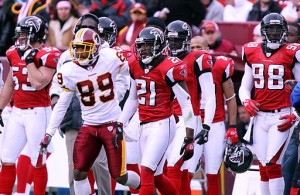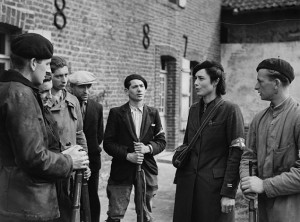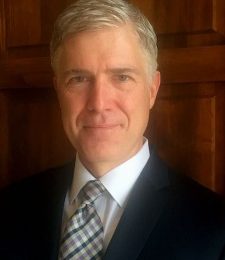Yesterday was the 15th anniversary of the 9/11 attacks. I remember the shock and the horror of that day, watching it all unfold on television. I also remember the unity that Americans felt in the aftermath–how we all pulled together, the emotions we all shared, from grief about those 3,000 who died to inspiration from those rescue workers who gave their own lives for others. There was a palpable sense of patriotism in the days that followed the attacks, uniting conservatives and liberals, Democrats and Republicans, ordinary folks and the cultural elite.
I even thought that postmodernism might be over. People were talking about good and evil, as if they were moral absolutes. There wasn’t much moral relativism or cultural relativism when it came to the terrorists and what they did to our country. And those planes flying into those buildings were not a “construction” of our own minds. Truth must exist after all.
Thomas Oden said that modernism began with the Fall of the Bastille, representing the destruction of the old pre-modern order, which was accompanied by the vandalism of Notre Dame Cathedral and a ceremony in that sacred place marking the advent of a new deity: the crowning of the Goddess of Reason. Modernism ended and Postmodernism began, said Oden, with the Fall of the Berlin Wall. Modernistic utopianism, epitomized by atheistic Communism, turned into a totalitarian nightmare, and the collapse of the Soviet Empire heralded a new age of radical freedom.
It occurred to me that, if epochs are marked by the architectural razings, the end of postmodernism might be heralded by the Fall of the World Trade Center. Such a tragedy made postmodernist relativism and constructivism seem ludicrous. At least, I thought, maybe a better way of thinking could be built, or re-built, on the rubble.
But postmodernism was back, with a vengeance, only a few weeks later. Against the evidence of the attacks, all religions were declared to be essentially the same, and inter-religious services were held everywhere. The old postmodernism held that all religions are equally good. Many in the post-9/11 postmodernism began saying that all religions were equally bad, that Christian “fundamentalists” are just as evil as Islamic “fundamentalists.” Both religions are terrorist because they think they have the “only truth” (back to constructivism). Then it developed that Islam is better than Christianity, because they were victims of Western colonialism, etc., so that we brought it on ourselves (so back to anti-Western multi-culturalism). And so on.
Today, postmodernism has a harsher edge than it did before 9/11. It certainly hasn’t ended. And all of that American unity has certainly ended. Now our country is polarized, and our citizens are at each other’s throats.
In the meantime, we are still threatened by Islamic terrorism, which exults in its cruelty. We haven’t defeated that ideology at all. We fought two wars–motivated, frankly, at least in part, for our desire for revenge against radical Muslims for the 9/11 attacks, even though the Iraqis and the Afghanis were not directly to blame–but they don’t seem to have made a great difference in the larger War on Terrorism.
What else can be said about 9/11 attacks 15 years later? Where are we as a country as a result of what happened? Are there any positives? Did the terrorists win?



